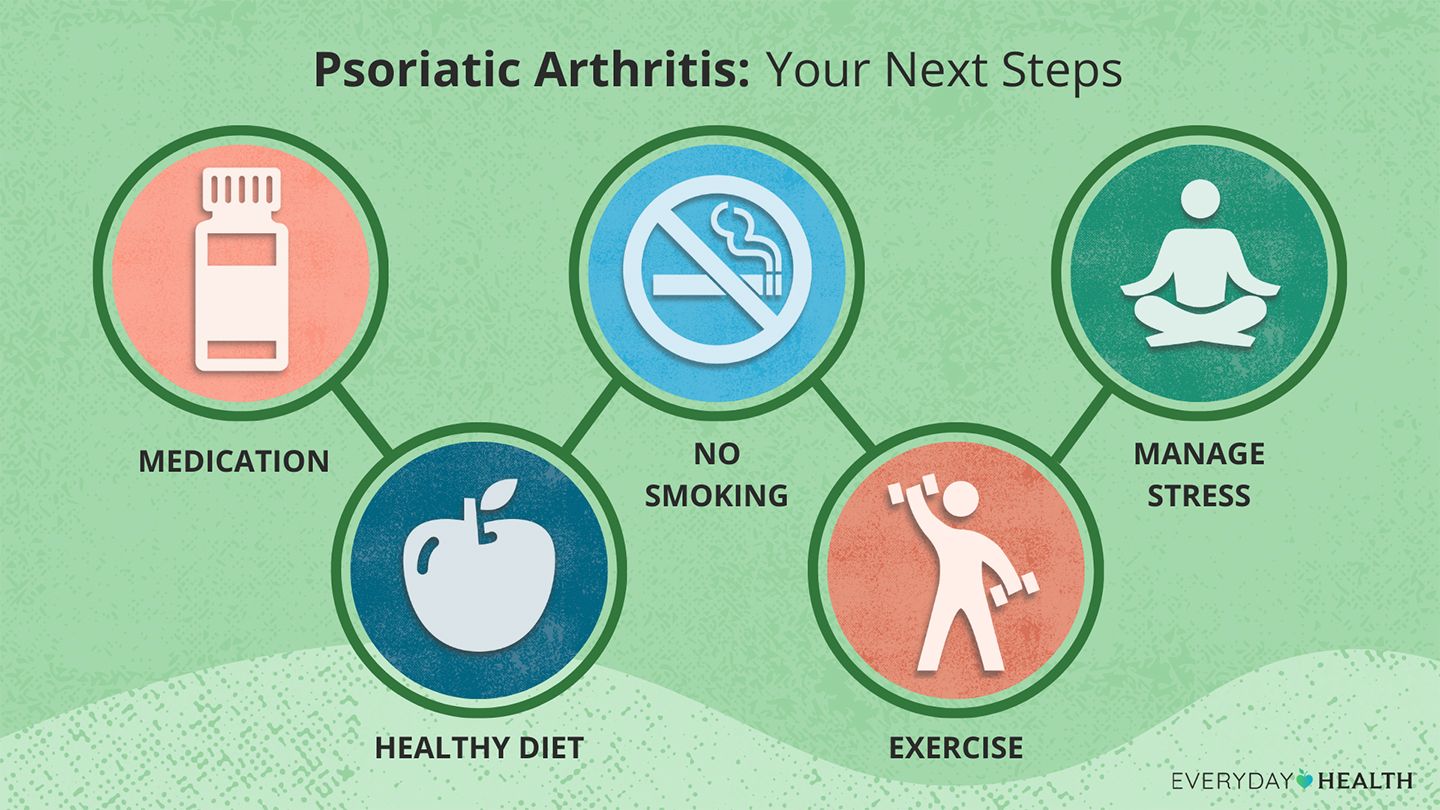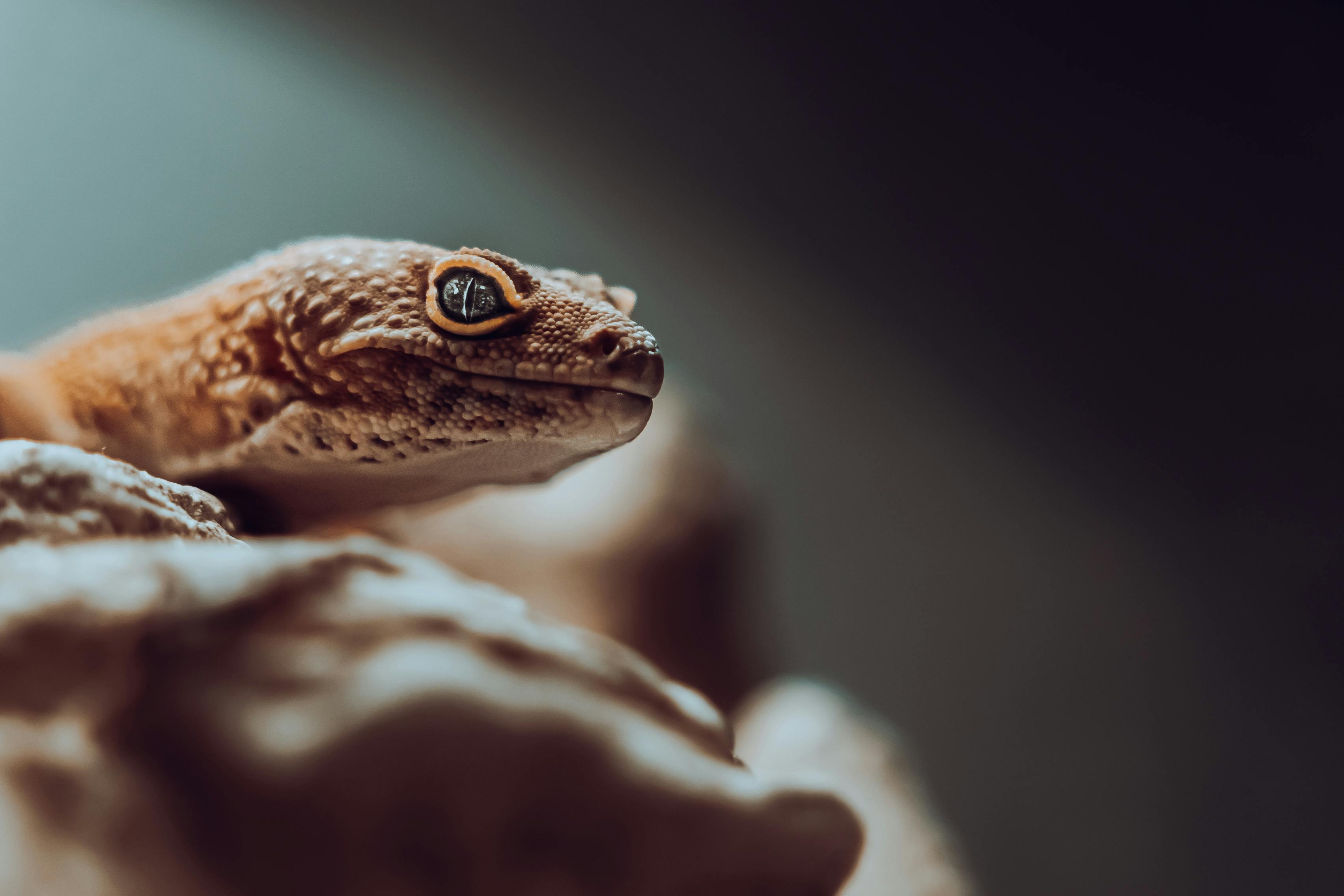Practical Guide to Urinary Diet for Cats in 2025: Improve Health

Practical Guide to Urinary Diet for Cats: Improve Health in 2025
As feline companions become cherished family members, their health and well-being take center stage, especially concerning urinary health. A well-planned urinary diet for cats can significantly enhance their overall health and prevent common urinary tract issues. With the rising concerns about urinary health issues in cats, it's essential to understand the dietary needs specific to their urinary systems.
This article delves into the best practices for maintaining feline urinary health through nutrition, addressing key components such as hydration strategies, dietary adjustments, and commercial versus homemade diets. By understanding the relationship between diet and urinary health, pet owners can effectively manage and prevent urinary health issues in their cats, ensuring a happy and healthy life.
Key takeaways include insights into the best urinary cat food options, the importance of hydration for cats, and practical tips for feeding urinary cats.
Understanding Feline Urinary Health
Common Urinary Problems in Cats
Felines can experience various urinary health issues, including urinary tract infections (UTIs), urinary crystals, and bladder stones. These conditions can lead to discomfort and serious health complications if not addressed timely. Symptoms such as frequent urination, straining to urinate, blood in urine, and excessive licking of the genital area may indicate underlying urinary problems.
Understanding these common issues lays the foundation for effective management strategies. For example, urinary crystals often arise from a high concentration of certain minerals in the urine, which can be influenced by diet. Identifying early signs of urinary problems can facilitate quicker intervention and minimize adverse effects on your cat's health.
The Importance of Hydration in Cats
Hydration plays a crucial role in promoting urinary health in cats. Ensuring your cat drinks enough water can help dilute urine, reducing the risk of urinary crystals and infections. It's essential to monitor your cat's water intake and encourage hydration through methods such as providing fresh water daily or incorporating wet food for urinary cats into their diet.
Moisture-rich diets have shown significant benefits for managing urinary health. For instance, wet food can help boost hydration levels compared to dry food, which contains minimal moisture. Thus, choosing the right formulations can directly influence urinary pH levels and minimize the likelihood of crystal formation.
Effects of Diet on Urinary Health
The relationship between diet and urinary health is profound. By selecting appropriate cat food for urinary tract support, such as low magnesium or low phosphorus formulas, pet owners can significantly improve their cat's urinary health. A high-quality, grain-free cat food can provide the necessary ingredients to support overall wellness while preventing issues related to urinary tract obstruction.
Additionally, the fiber content in cat urinary diets plays a vital role in maintaining digestive health and preventing obesity, which is another significant factor affecting urinary health in cats. Diets rich in beneficial nutrients, including omega fatty acids and essential vitamins, enhance the effectiveness of urinary care cat diets.

Feeding Strategies for Urinary Health
Tips for Feeding Urinary Cats
Feeding cats with urinary health concerns requires special attention. Opting for high-quality prescription cat urinary diets can provide specific nutritional benefits. These diets are formulated to dissolve crystals and prevent their formation, helping manage urinary health effectively.
It’s critical to adhere to feeding recommendations provided by veterinarians or feline nutritionists. Regular vet checks for urinary health can aid in monitoring your cat's progress and making any necessary adjustments to their diet. Establishing a feeding schedule and maintaining routine feeding times can also promote effective digestion and reduce anxiety during meals.
Wet vs. Dry Food for Urinary Health
Choosing between wet and dry food for urinary health is often debated among cat owners. Wet food typically boasts higher moisture content, making it essential for enhancing hydration and flushing out the urinary system. This may be particularly beneficial for cats susceptible to urinary health issues.
On the other hand, dry food has advantages, such as convenience and dental health benefits. However, it’s crucial to ensure that any dry food for urinary issues is specifically formulated to support urinary tract health. A well-balanced approach combining wet food and high-quality dry food may offer overall urinary health enhancements.
Homemade Cat Urinary Diet Options
For cat owners considering a homemade urinary diet, it is vital to ensure nutritional completeness. Homemade diets can be tailored to meet specific needs, utilizing low phosphorus and low magnesium ingredients while ensuring the right balance of proteins and fibers.
Recipes should include moisture-rich options like broth and include veterinary guidance to avoid any dietary imbalances that could exacerbate urinary health issues. Incorporating foods known for their urinary health benefits, such as cranberries or pumpkins, can also help manage urinary acidity and support overall health.

Commercial Urinary Diets: A Closer Look
Best Commercial Urinary Cat Food
When considering commercial urinary diets, it's essential to research and choose options that have been specifically formulated for urinary tract health. Many brands offer veterinary-recommended diets designed to manage and prevent urinary crystals and infections.
Some of the best urinary cat food on the market includes ingredients that support urinary health, such as high-quality proteins and essential vitamins. Focus on brands that prioritize high-quality cat food ingredients and adhere to strict quality standards to provide excellent nutrition for your feline companion.
Nutritional Requirements for Urinary Health
The nutritional needs of cats with urinary issues extend beyond managing symptoms. It's important to ensure a balanced diet that meets their overall requirements. This may include adequate protein levels, controlled level of minerals like phosphorus and magnesium, and added dietary fiber.
Veterinary nutrition for cats can help determine the best dietary path, as these needs can differ based on age, weight, and health status. Incorporating appropriate nutritional supplements for urinary tract health may provide an additional boost, encouraging optimal bladder control and health.
Understanding Cat Food Labels
A critical aspect of managing dietary choices is understanding cat food labels. Owners should look for specific mention of urinary health benefits, moisture content, and ingredients that align with their cats' dietary restrictions. This understanding can prevent missteps that could lead to worsening urinary conditions.
Always read the ingredients list, ensuring it does not contain fillers or low-quality additives that compromise urinary health. By making informed choices, cat owners can significantly impact the management of urinary health issues.
Conclusion: A Comprehensive Approach to Feline Urinary Health
Adopting an optimal diet for urinary issues in felines involves a multifaceted approach, balancing hydration needs, nutritional quality, and individual health requirements. Regular vet checks and understanding the signs of urinary issues are integral components of maintaining urinary health in cats.
Encouraging hydration through both wet foods and fresh water, being mindful of the ingredients in their food, and monitoring dietary effects can provide a better quality of life for your cat. By prioritizing these aspects, owners can improve their feline companions' health and well-being well into 2025 and beyond.
Always consult with a veterinary professional before making significant changes to your cat’s diet, ensuring the best outcomes for their urinary health.